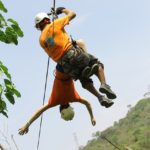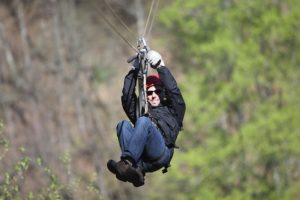Zip lines are popping all across the country as people explore new ways to experience thrills. The increase in zip lines has also meant a sharp increase in zip line accidents. Because zip lines are a relatively new recreational option, the laws are regulations have not kept pace. The nature of zip lining means many zip line accidents result in catastrophic injures, or even death.
Where Zip Line Accidents Happen
Zip lines are popular in part because they are easy to setup and not only in amusement park. You can find zip lines everywhere such as fairs, camps, amusement parks, the woods, state parks, vacant lots, and even in people’s back yards.
 Anyone who operates a zip line has a legal duty to make the zip line is safe, properly setup, and well maintained. Even if the zip line is in a backyard, the property owners must make sure that the zip line is properly supervised.
Anyone who operates a zip line has a legal duty to make the zip line is safe, properly setup, and well maintained. Even if the zip line is in a backyard, the property owners must make sure that the zip line is properly supervised.
Zip line accidents can happen anywhere. Most states either don’t have any safety standards for zip lines, or only have general guidelines. As a result, many zip line operators fail to create a safe environment.
Types of Zip Line Accidents
The major types of zip line accidents include:
- Fall from platform
- Failure of breaking mechanism
- Failure of safety harness
- Getting hands caught in the gears
- Collisions with other riders
- Collisions with fixed objects
Accidents can be caused by poor ride supervision, poorly trained staff, defective equipment, defective course design, or inexperienced riders. Zip lines are often hundreds of feet off the ground and travel as fast as 50 or 60 miles per hour. This is faster than many roller coasters. But, unlike roller coasters, almost anyone can string some wire between two places and open up for business. There is very little regulation.
Types of Injuries in Zip Line Accidents
The great heights and fast speeds may make for a thrilling ride, but they also make for horrible injuries. Youth and young adults make up the bulk of those injured in zip line accidents.
The most common injuries include:
- Traumatic head injury
- Spinal cord injury
- Death
- Fractured bones
- Neck and back injuries
- Sprained ankles
- Dislocated joints
- Torn ligaments and tendons
- Ripped muscles
- Friction burns
- Amputation of digits
Even though almost all commercial zip line companies require riders to use helmets, those on a zip line have very little protection from injury. The high speeds make almost any collision a serious one, often resulting in death. Because there are no engineering permits required to setup a zip line, the courses often take riders dangerously close to trees and other fixed objects.
When something goes wrong, there are usually little to no onsite medical options.
What About Waivers?
Before anyone uses a zip line, they almost always are required to sign a waiver. The language of the waivers varies, but generally they include a provision that the rider agrees not to sue if anything bad happens.
 Every state treats these types of waivers differently. But, many jurisdictions refuse to uphold such waivers because it is against public policy. Even a waiver would most likely not protect a company from suit over a defective course design or defective equipment issue.
Every state treats these types of waivers differently. But, many jurisdictions refuse to uphold such waivers because it is against public policy. Even a waiver would most likely not protect a company from suit over a defective course design or defective equipment issue.
Even if you signed a waiver, always consult with a lawyer to evaluate your claim if you or a loved one has been involved in a zip line accident.
Zip Line Accident Claims
Zip line accidents are usually brought under a premises liability basis. The idea is that the property owner has a duty to keep guests safe. Commercial zip line companies often use the excuse that the rider understood the risk and that accidents happen. However, few, if any, riders truly understand the risk of a zip line, and have no way of knowing if a company is properly maintaining the equipment.
Most commercial zip line companies carry some form of liability insurance. Zip lines on private property may be covered by homeowner’s policies. Any claims are usually made with the insurance company.
Cases Where the Property Owner is a Friend or Family
Sometimes families erect their own backyard zip lines. If you have to file a claim against a family member or friend it can feel awkward. But, usually property insurance makes sure the owner never has to pay out of pocket for the damages.
If you have been hurt on a zip line, even if it was at friend’s house, you have a right to be compensated for your injuries. You may be able to avoid having to sue your friend or family member and still get money for your injuries.
If you have been hurt in a zip line accident, you only have a short time to make a claim for compensation for your injuries. Let us help you find a tough personal injury lawyer to review your case. You shouldn’t have to pay for someone else’s mistake. Call us today.

